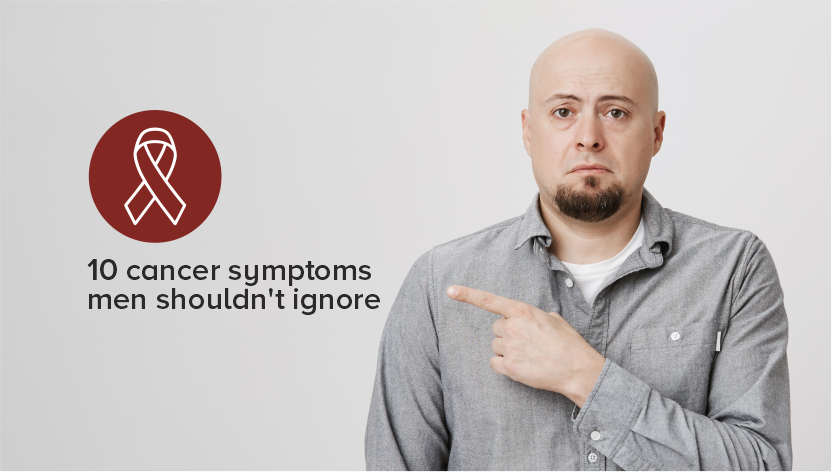Cancer is a formidable opponent, and when it comes to health, being proactive can make all the difference. Early detection is often the key to successful treatment, yet many men tend to overlook or dismiss potential warning signs. Understanding the symptoms of cancer that specifically affect men can empower individuals to seek medical advice promptly, potentially saving lives.
